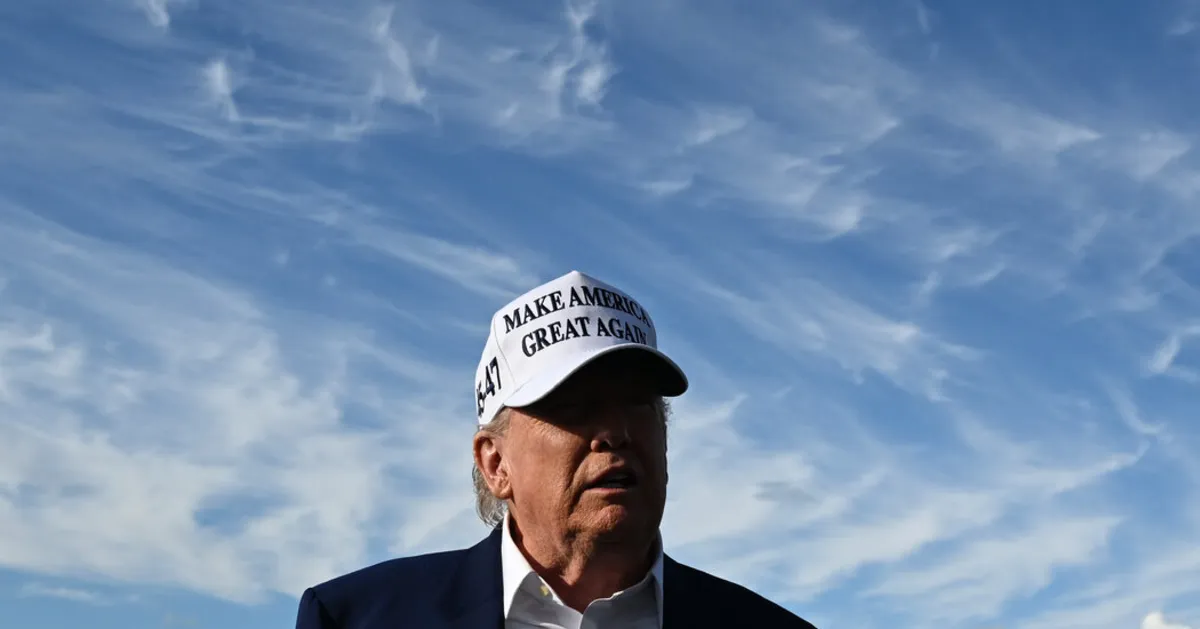
In a striking turn of events, former President Donald Trump expressed his bewilderment regarding Russian President Vladimir Putin during a press conference on Sunday. Just before boarding Air Force One for a brief journey from his golf club in New Jersey to Washington, Trump stated, “I don’t know what the hell happened to Putin.” This comment marked a rare moment of criticism directed at the Russian leader, showcasing a notable shift in Trump's public demeanor towards Putin.
Shortly after his comments, Trump took to social media to further express his discontent, posting that “He has gone absolutely CRAZY.” This sentiment from Trump comes in the wake of a weekend characterized by the largest bombardment of Ukrainian cities in the past three years, targeting primarily civilian areas, including residential neighborhoods in Kyiv and university dormitories. These attacks have drawn international condemnation and have raised questions about Putin’s military strategies.
Interestingly, Trump's comments follow a recent two-hour phone call with Putin, which he described as “excellent.” During that call, Trump indicated that it would lead to immediate peace negotiations, a claim that now appears contradictory given the subsequent escalation of violence. Historically, Trump has maintained that he enjoys a “good relationship” with Putin, often emphasizing this connection during his presidency.
In fact, this isn't the first instance where Trump has expressed shock at Putin's aggressive actions. Just a month ago, he urged Putin to “STOP,” referring to a barrage of missiles and drones targeting civilian areas in Ukraine, including crowded playgrounds. Despite this vocal criticism, Trump has consistently refrained from linking the ongoing attacks to his own strategic decisions, which he reaffirmed last week. He has opted not to join European allies in imposing additional financial sanctions on Russia or in providing new military aid to Ukraine.
This situation has resulted in what can be described as a strategic void in U.S. policy towards Russia. While Trump vocally complains about the continued violence and killing perpetrated by Russian forces, he has yet to take substantial steps to hold Putin accountable or to support Ukraine more robustly. This duality raises important questions regarding U.S. foreign policy and the effectiveness of Trump’s approach to dealing with Russia's aggression.
As the conflict continues to evolve, the international community is left to ponder the implications of Trump's statements and the future of U.S.-Russia relations. With the war in Ukraine continuing to escalate, the need for a coherent and decisive strategy becomes increasingly urgent.